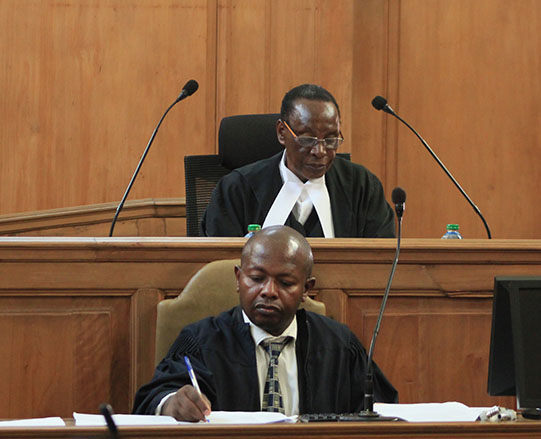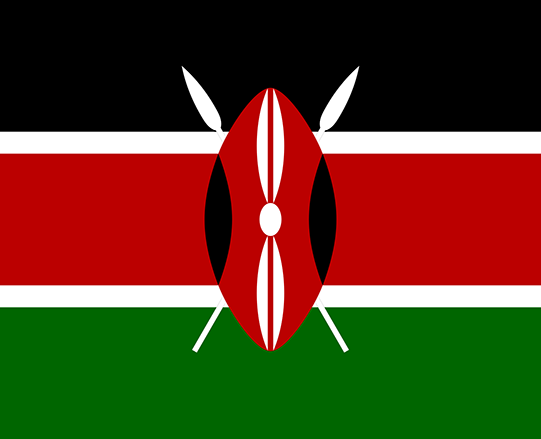The initial challenge to the decision of the NGO Board was brought in 2013 by Eric Gitari, activist and Executive Director of the National Gay & Lesbian Human Rights Commission (NGLHRC), after the NGO Coordination Board had refused NGLHRC’s registration on the basis that it was for gay and lesbian people. In 2015, the High Court ruled in favour of Gitari, but the NGO Coordination Board appealed to the Court of Appeal. The Attorney General, who was also a respondent in the High Court, did not, however, appeal. The decision of the Appeal was delivered on 22 March 2019.
The NGO Coordination Board argued that it denied the application for registration because in its view it would not be in the public interest and would contravene Sections 162, 163 and 165 of the Penal Code, which outline ‘carnal knowledge against the order of nature’ and ‘gross indecency’. MK Koome, JA found that the Board did not “provide evidence to show that persons who commit offences under Section 162, 163 and 165 of the Penal Code are LGBTIQ.”
Three out five Judges of Appeal found that the Board had violated Article 27 (equality and non-discrimination) and Article 36 (freedom of association) of the Constitution. Asike Makhandia, JA stated that: “I agree with the High Court finding that Article 36 extends to all individuals and juristic persons and that sexual orientation does not in any way bar an individual from exercising his right under Article 36 of the Constitution.”
Download the judgment

![Eric Gitari v NGO Board & 4 others [2015], Petition 440 of 2013](https://www.humandignitytrust.org/wp-content/uploads/2023/02/Kenya-01-e1677774617548.jpg)

